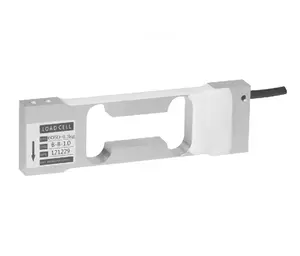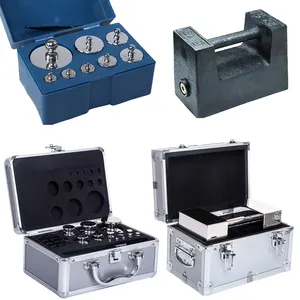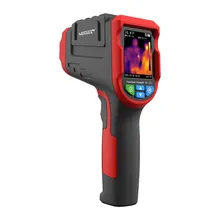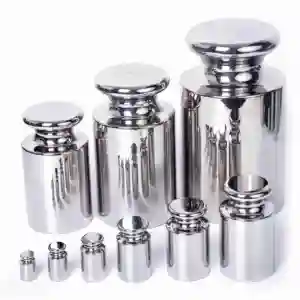Understanding F1 100g Test Weights
F1 100g test weights are precision instruments used in a variety of industries to ensure the accuracy of weighing equipment. These weights fall under the category of calibration weights, specifically designed to conform to international standards for mass. The F1 designation refers to the class of the weight, indicating a high level of precision suitable for standard laboratory balances and scales.
Types and Materials
There are several types of f1 100g test weights, each tailored for specific calibration processes. Materials used in the production of these weights include stainless steel, which is prized for its resistance to corrosion and magnetic properties, as well as other metals and alloys that ensure durability and stable mass values. The choice of material impacts the weight's longevity and performance in various environments.
Applications and Features
The primary application of f1 100g calibration weights is for the calibration of precision balances. These weights are also utilized in quality control processes across industries ranging from pharmaceuticals to engineering. Features of these weights include their finely machined surfaces and carefully measured mass, which adhere to strict metrological standards. This ensures that they provide reliable and repeatable results during the calibration process.
Advantages of F1 Class Weights
The advantages of using f1 class test weights include their high precision and consistency. These weights are manufactured to meet specific tolerances, making them suitable for use in settings where accuracy is paramount. The F1 class also has a lower uncertainty value, which is crucial for maintaining the integrity of measurement results.
Selection Criteria
When selecting f1 100g precision weights, it is important to consider the specific requirements of the equipment being calibrated. Factors such as the weight's material composition, manufacturing tolerances, and certification should be evaluated to ensure compatibility with the calibration instruments.
Maintenance and Handling
Proper maintenance and handling of f1 100g test weights are essential to preserve their accuracy. This includes regular cleaning, correct storage, and handling with appropriate tools to prevent damage or contamination. Adhering to these practices helps maintain the weight's precision over time.






























 浙公网安备 33010002000092号
浙公网安备 33010002000092号 浙B2-20120091-4
浙B2-20120091-4